Managing Emergencies: The Challenges of the Future
Emergency Planning
OCTOBER 21, 2022
One only hopes that land-use planning will stem the flood of new construction in areas that are prone to inundation by rivers that burst their banks and seas that rise up and surge inland, eating away at properties and coastal defences as they go. It lacks a national emergency operations centre.

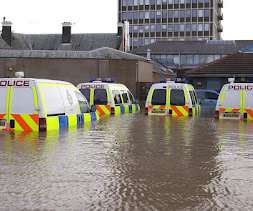
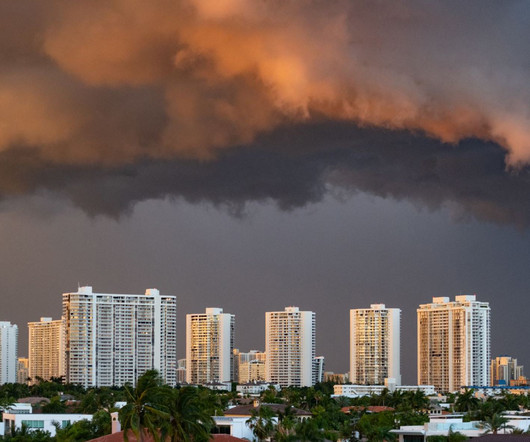
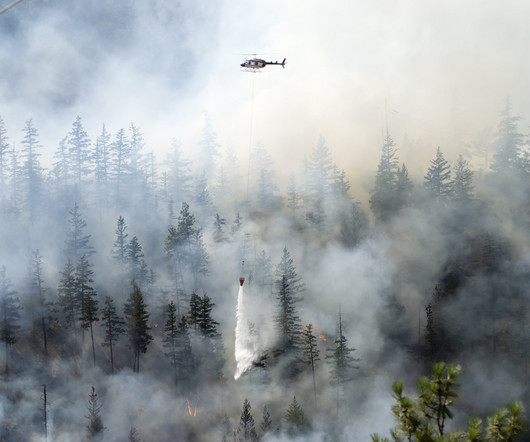


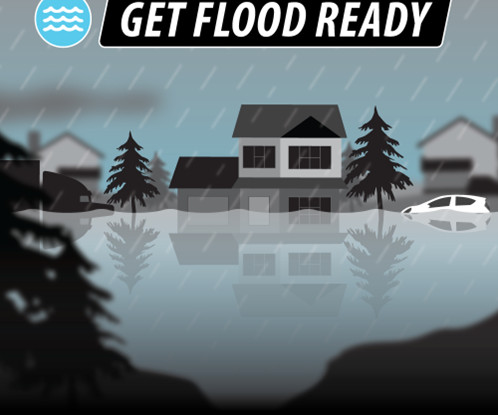
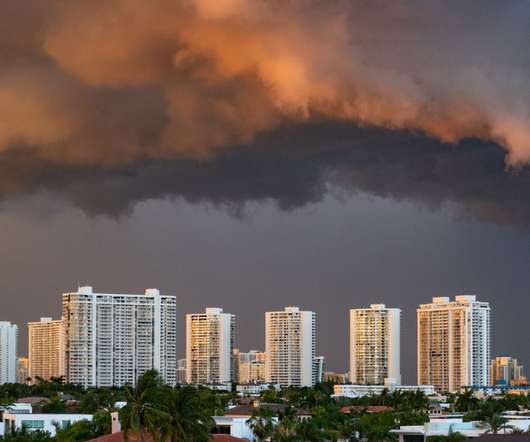




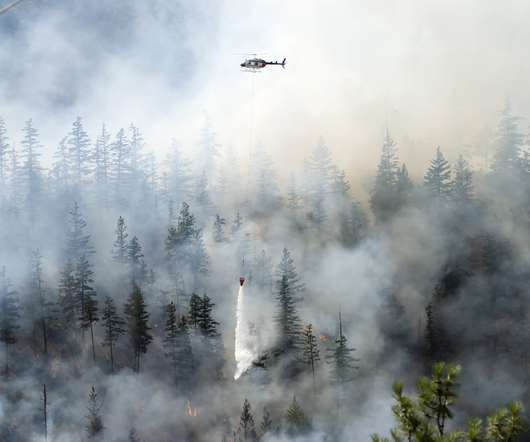







Let's personalize your content